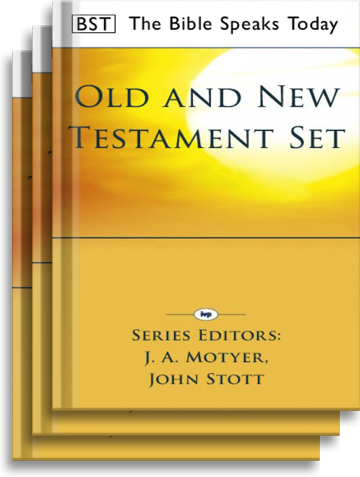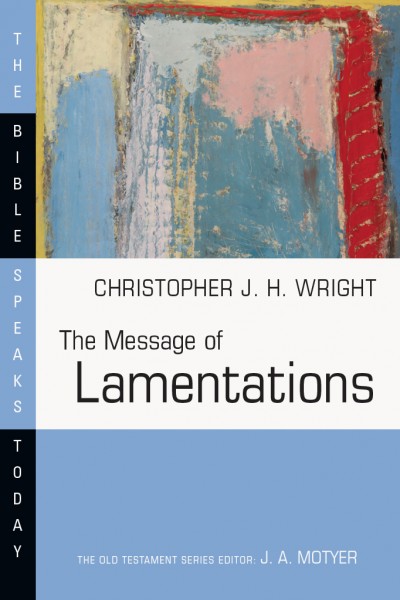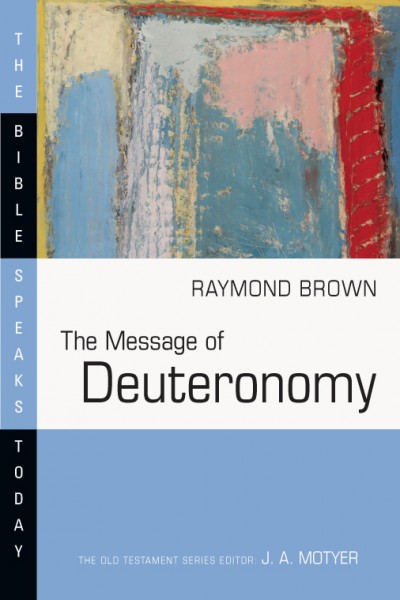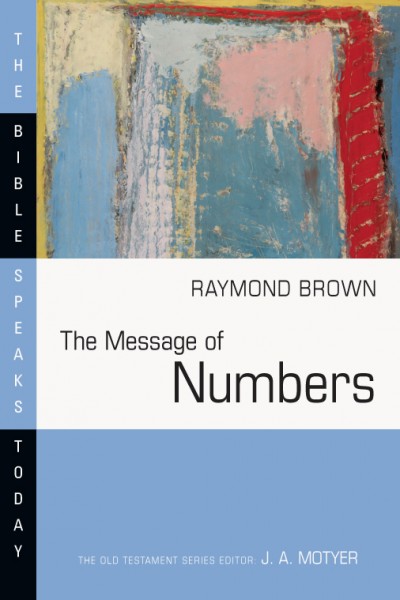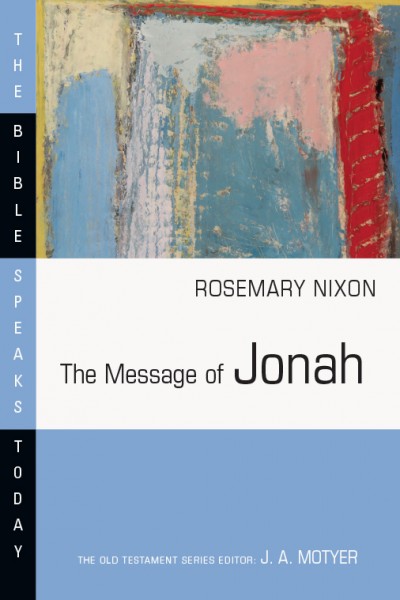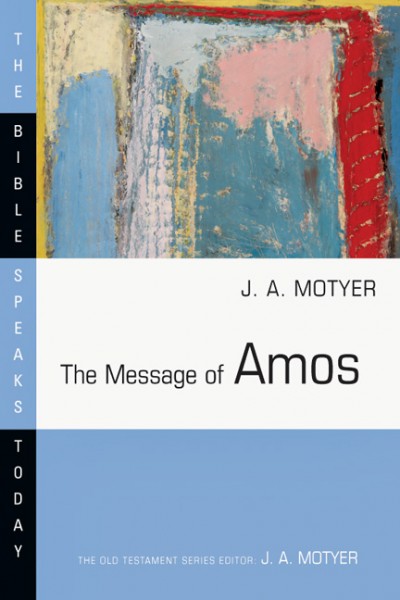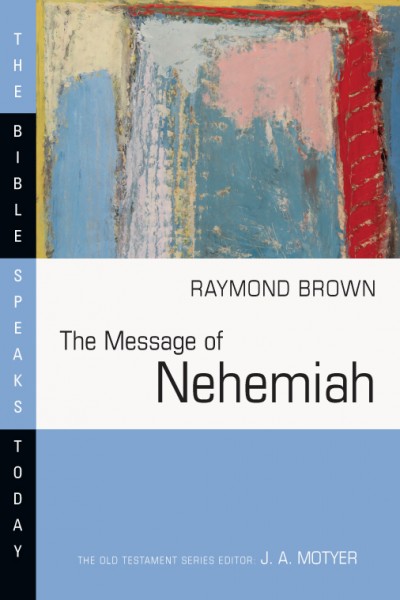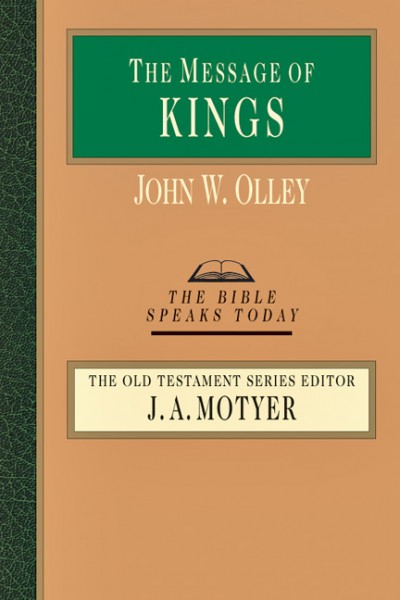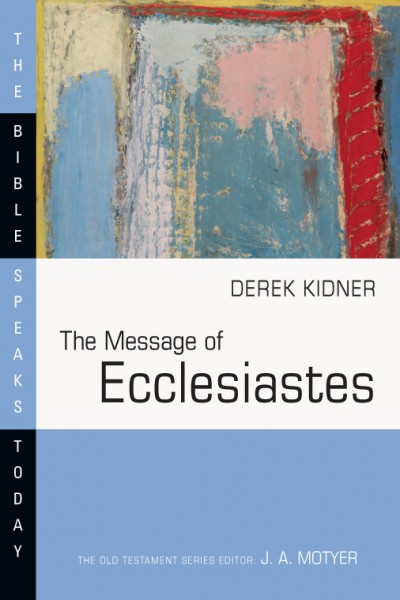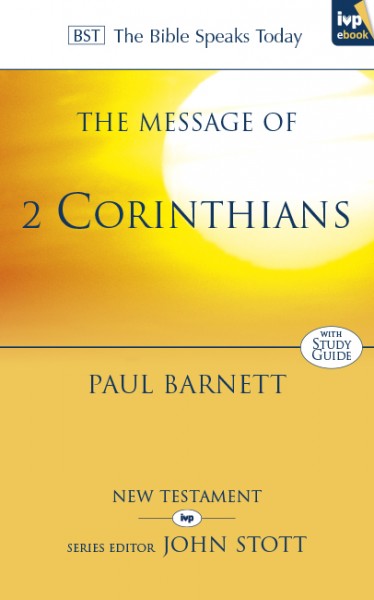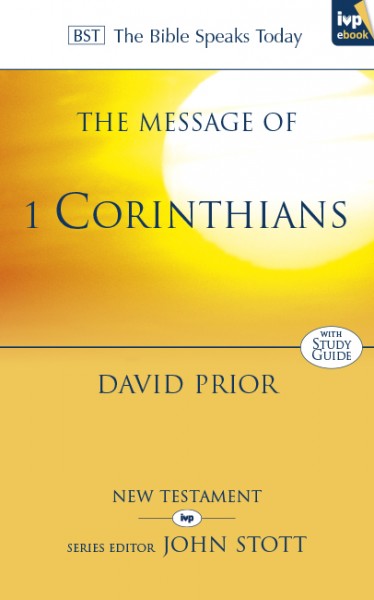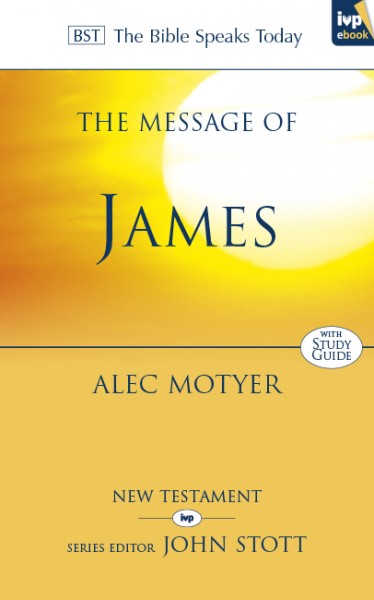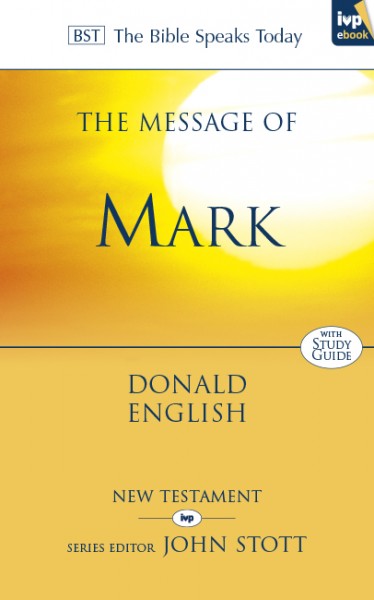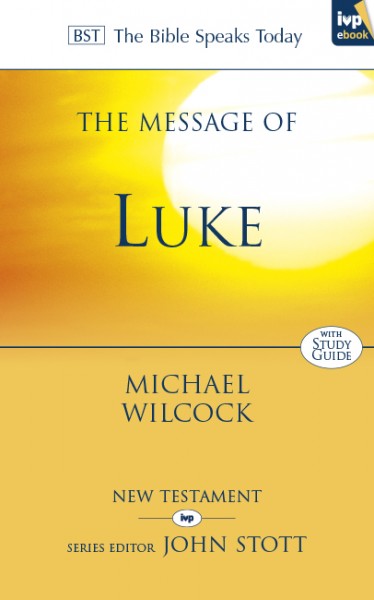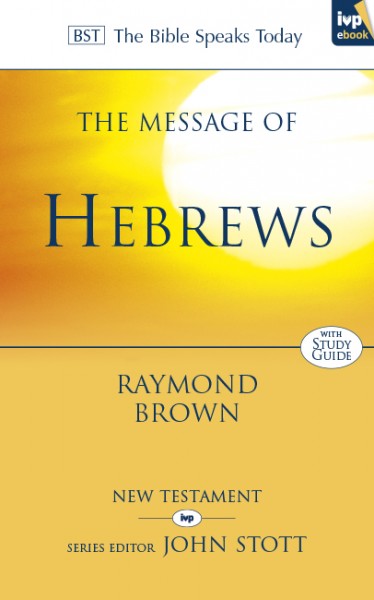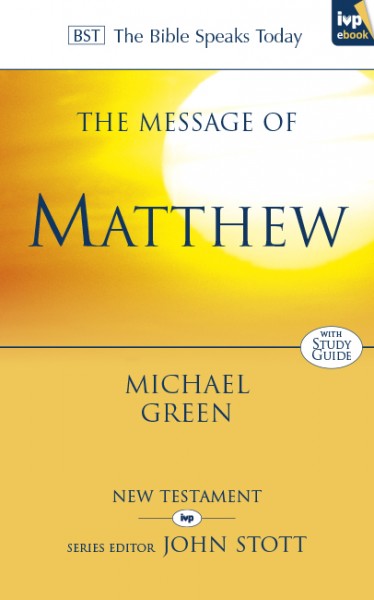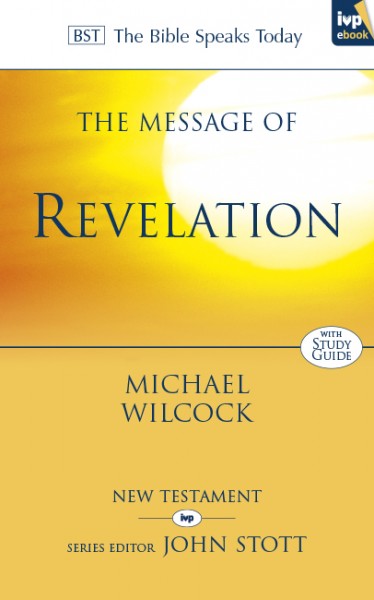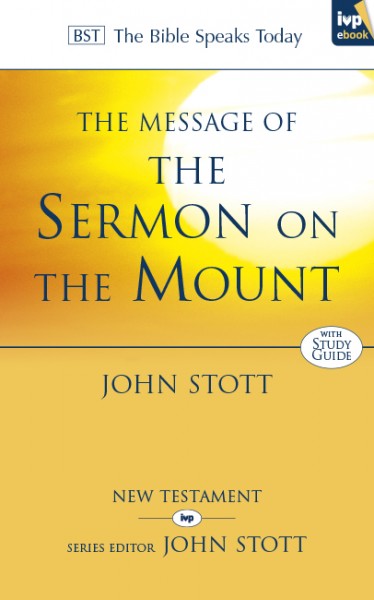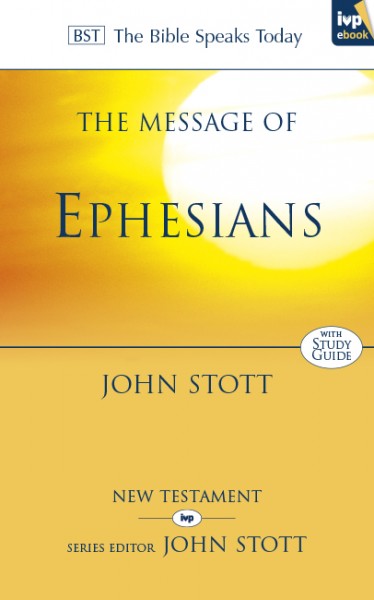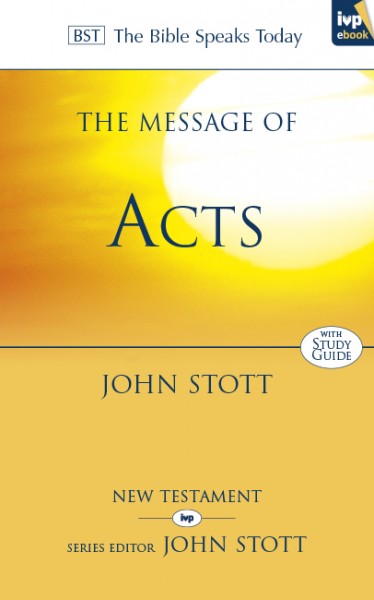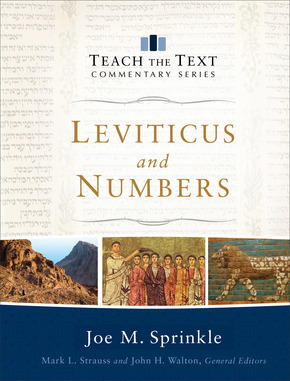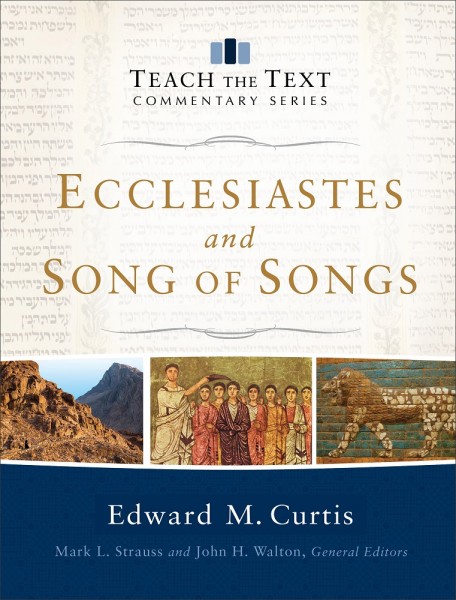


Leviticus: Bible Speaks Today (BST)

Leviticus: Bible Speaks Today (BST)
For most Christians today, there is no message of Leviticus, for Leviticus goes unread. Yet Leviticus was the first priority in Jewish instruction of the law of Moses. Jesus and his hearers knew Leviticus well and took its teachings to heart.
The documentary hypothesis that reigned supreme over Pentateuchal studies for most of the twentieth century undercut the internal coherence of Leviticus that swayed the Jews of the New Testament period, speculating that rather than originating with Moses, Leviticus was the nostalgic revisionist history of Judaic reformers in exile. But more recently, such theories have fallen from favor, and Leviticus is being reconsidered for its historical representation of the ancient and foundational era of the Jews.
Derek Tidball explores the picture in Leviticus of Israel being brought together under the law of Moses. Here is a definitive presentation of what life as the people of God was to be like: the civic, cultic, religious, moral, legal, family and ritual expectations of the covenant community. In accessible prose, Tidball reveals the message brought to the Jews by Leviticus in their day, making room for us to grasp its message to us in our day.
About the Bible Speaks Today (BST) Series:
Edited by J.A. Motyer and the late John R. W. Stott, the Bible Speaks Today commentaries are characterized by what Stott called a "threefold ideal . . . to expound the biblical text with accuracy, to relate it to contemporary life and to be readable." As such, each contributor in this series is both a noted scholar and a working pastor.
The BST series, now complete, covers all sixty-six books of the bible (Old and New Testaments) in fifty-five volumes. If you preach or teach from Scripture, the Bible Speaks Today series will help you apply the timeless biblical message to the everyday experiences of your listeners. And if you study the Bible on your own, these volumes will be a helpful resource focusing on the significance of God's Word for your own life and work.
